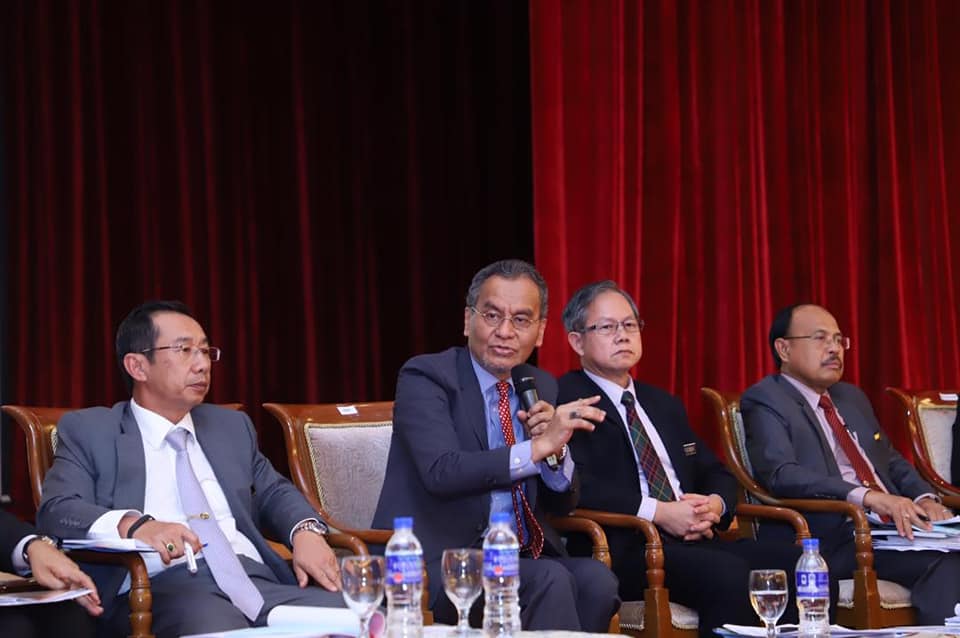KUALA LUMPUR, June 13 — Pakatan Harapan (PH) may move towards social health insurance to fix an underfunded and unsustainable health care system, something which Barisan Nasional (BN) failed to implement.
Health Minister Dzulkefly Ahmad noted that Malaysia only spent 4.5 per cent of its gross domestic product (GDP) on health, comprising 2.3 per cent and 2.2 per cent from the public and private sectors respectively.
The recommended spending for an upper middle income country like Malaysia is between 6 and 6.5 per cent of the GDP, ideally 7 per cent, said the Amanah leader.
“Moving forward, I already stressed that one of my vision, among the other health reforms that we want to see in our tenure, is to have the health financing system, a reformed health financing system when we will eventually see the like of moving away from a predominantly tax-based system, which would allow for other financing besides just tax-based.
“We will have the like of an insurance, where we have a payment where it’s just beyond tax and from the funding of the government or the consolidated fund,” Dzulkefly told a town hall meeting with general practitioners (GPs) in Putrajaya on Tuesday.
Deputy Health Minister Dr Lee Boon Chye, who was also at the town hall, assured GPs that the government would not separate the prescribing and dispensing of medicine to doctors and pharmacists respectively pending the formation of a national health financing scheme.
“When we are planning for national health financing scheme, certainly it’s going to be a massive shift with regards to how we deliver health care, even though lots of us feel that it is probably inevitable. Probably waiting for the right time, right moment to introduce.
“But I do think the majority of us here feel that when we implement that national health financing scheme, I think we would like to have the GP play an important role as gatekeeper, as a main fortress with regards to health care services,” Dr Lee told GPs.
In Malaysia’s health care system comprising both public and private facilities, government health services are funded by general taxation. Most private health care spending in 2017 was made out-of-pocket at 77 per cent, followed by private insurance at only 15 per cent, according to the Health Ministry’s Malaysia National Health Accounts (MNHA) report on national health expenditure from 1997 to 2017.
Association of Private Hospitals of Malaysia then president Dr Jacob Thomas reportedly said in 2017 that private hospitals have seen a 30 per cent drop in patients who are shifting to government facilities.
The Najib administration tried unsuccessfully in 2011 to move the country towards a social health insurance system called 1Care that was modelled after the United Kingdom’s National Health Service (NHS).
The then BN government’s social health insurance proposal received massive pushback amid claims that employees and businesses would be required to contribute 10 per cent of their monthly earnings, citizens would be assigned to specific GPs, and clinic visits would be limited to six times annually.








